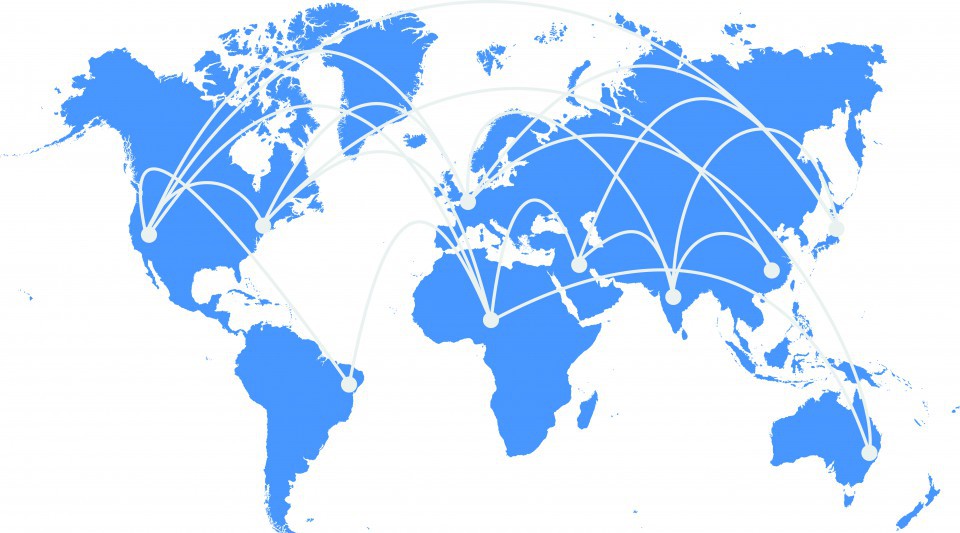Pakistan’s elections on Wednesday come amid deadly massacres, media restrictions, arrests of politicians, and in-your-face meddling by the country’s men in uniform.
This time more than ever before, Pakistan’s military-intelligence combo stands centre stage, manipulating politicians, pulling the strings, making key decisions, taking sides and clamping down on press freedom.
Seventy-one years after independence, Pakistan’s path to democracy continues to be troubled. It’s a roller-coaster ride. Thrills one minute, despondence and tragedy the next. Heroes morph into villains – and bad guys are reborn as heroes.
It’s no secret: Pakistan is a complicated country, part problematic troublemaker, part an enigma, with a deep state within a state, fragile and polarized, uncertain of its loyalties.
Three important features stand out. First, despite the turmoil and military meddling, Pakistan has persevered on its democratic trajectory. The process has been difficult, messy and flawed – but Pakistanis are resilient and persistent. They are not giving up.
And so, dictators come and go. Military coups are followed by civilians in power – and the other way around. In between, there’s heady talk of transparency and accountability, combating corruption, building a new and stronger economy.
Through the turmoil and turbulence, democracy doggedly ploughs on. That’s thanks to the people of Pakistan, civil society representatives and human rights defenders, not to Pakistani politicians, who collude and connive with anti-democratic forces.
Second, while the military’s old-fashioned “hard security” narrative with its obsession with “enemies” – internal and external – and “power games” still gets attention, the focus on hard power alone cannot solve Pakistan’s problems.
The many challenges Pakistan faces, including poverty, economic stagnation, climate change, women’s empowerment etc. cannot be solved by soldiers. They require collaboration among different sectors as well as cooperation, not competition, with South Asian neighbours. Like it or not, it’s the reality of the 21st Century.
Third, democracy is about more than just elections. Certainly, elections must be free and fair. But, once the votes have been counted and a new government takes power, democracy in Pakistan must be about good governance and strong civilian institutions. Civilians must be in charge – in practice as well as in policy – and the military men must stay in the barracks.
Democracy is also about politicians who are committed to putting the interest of their fellow citizens above party and personal interests and who are ready to follow the rules and laws of the land. This has not been the case in Pakistan so far.
Strong democracies require an honest and credible press, an active and committed civil society, robust municipal and city authorities and the active political participation of women, young people end ethnic minorities.
Fortunately for Pakistan, while politicians argue and squabble and the military intervenes, it’s ordinary folk who are shaping the country. They are not in the headlines – good news rarely is – but they are the ones demanding equal rights, battling extremism, building bridges with neighbours, educating, innovating and taking risks for the common good.
Pakistan is proof that once the military seizes power or is asked to do so by gullible politicians, the soldiers rarely step back. It is possible to change course, of course and there are examples of strong civilian governments which have the authority and credibility to push back the generals.
Indonesia managed to do so a decade or so ago and Turkish President Tayyip Recep Erdogan is doing it now. Civilian governments in Latin America are building strong democracies. That’s not the case, however, in Egypt, Myanmar or Thailand. And the “West” which once gave lessons on how real democracy works is hardly in a position to do so now.
Pakistan has yet to become a mature democracy or find its confident sweet spot on the world stage. It’s easy to blame the country’s troubles on foreign enemies, weak politicians, and an unethical press. The truth is simpler: democracy in Pakistan can only flourish once it is rid of the curse of a meddling military.
end
